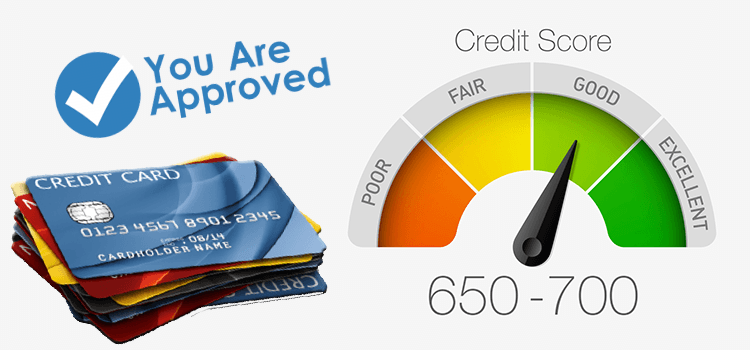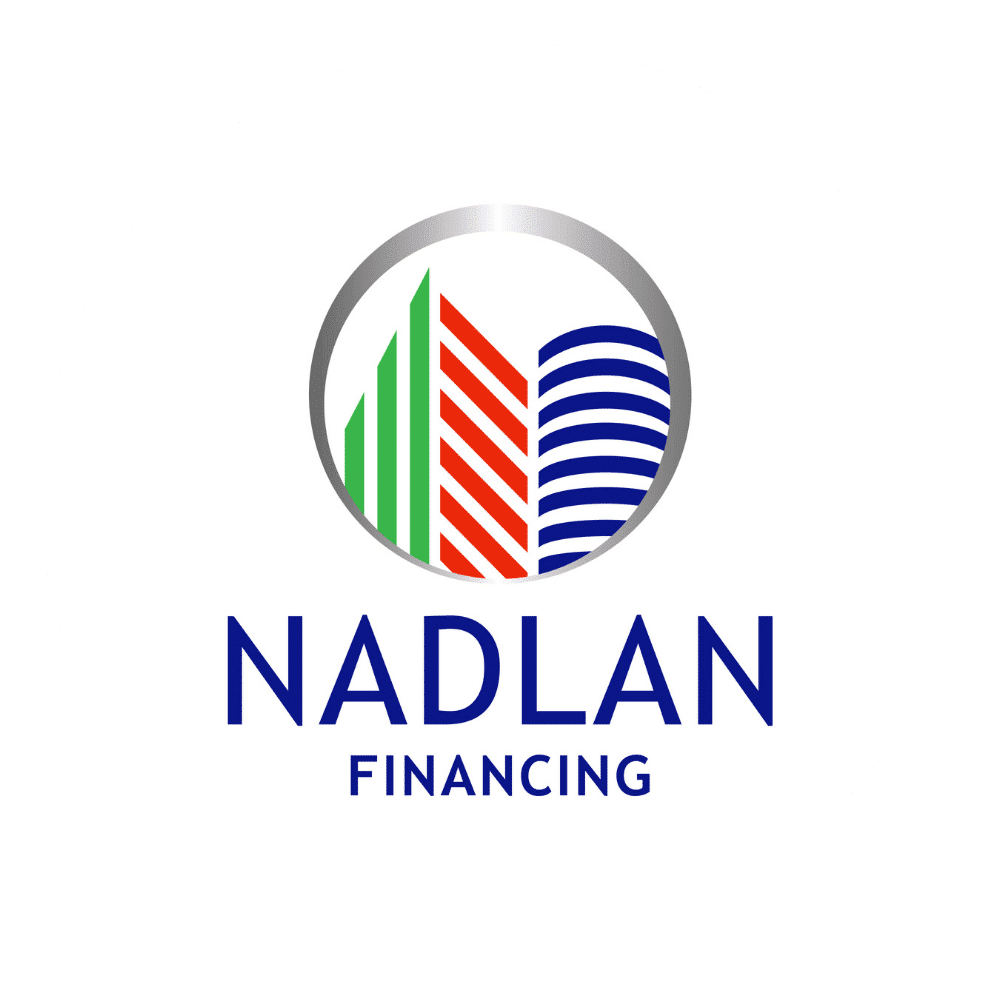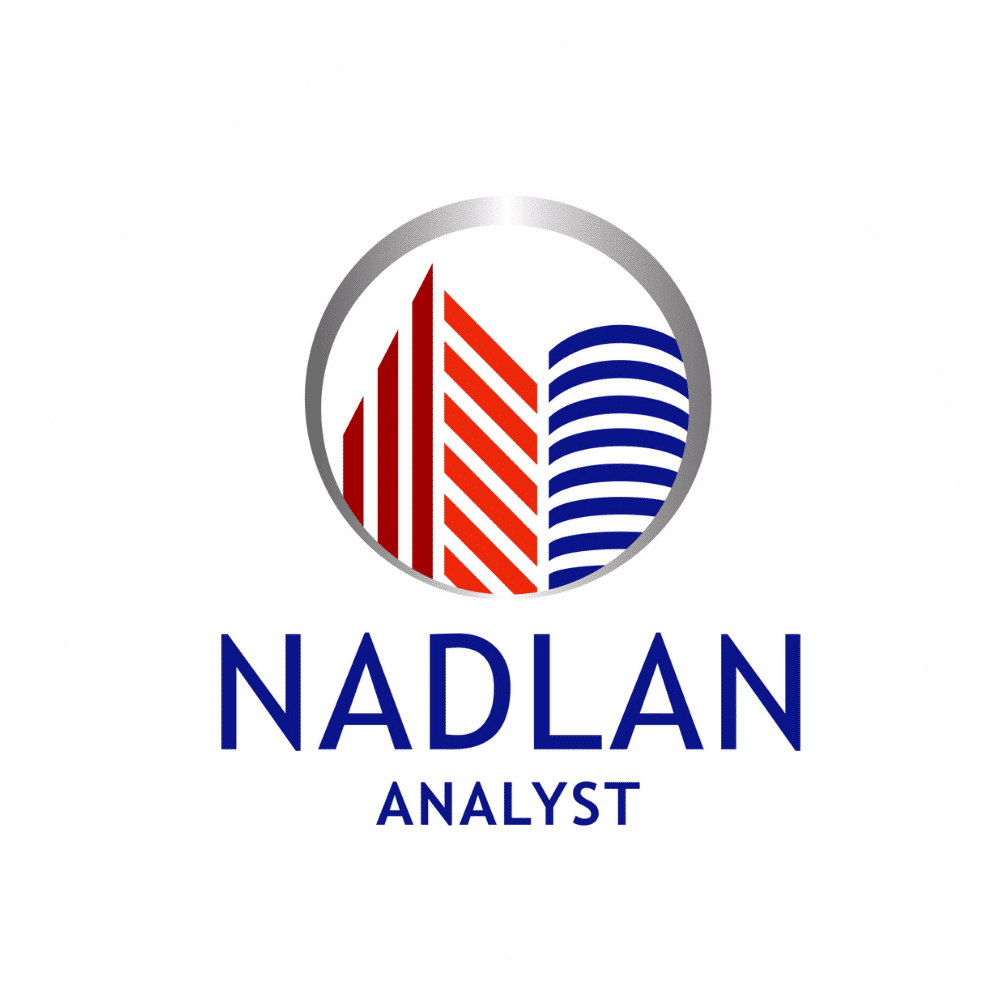What you need to know about adjustable rate mortgages

used cars used books Second hand clothing. All of these products can be smart money-saving purchases. So what about used mortgages?
The idea may sound crazy, but in fact, a buyer can take over the seller's mortgage, or "assume" it in some cases. The process is not easy, but both buyers and sellers need to know what an adjustable rate mortgage is, when it is desirable and who can benefit.
What is an adjustable rate mortgage?
An adjustable rate mortgage allows the buyer to take the rate, repayment period, current principal balance and other terms of the seller's existing mortgage instead of getting an entirely new mortgage.
The biggest potential advantage for the buyer is that the seller's mortgage terms may be more attractive than the prevailing terms the buyer would be offered on a new mortgage. The interest rate is key, although other factors must also be considered.
Overall, assuming an existing mortgage can be simpler, easier and less expensive for the buyer, says Lamar Woolley, a spokesman for the U.S. Department of Housing and Urban Development.
What types of mortgages can you get?
In theory, any type of home loan can have an adjustable rate mortgage clause. However, only three types of loans typically include this feature:
FHA Loans – If you want to get an FHA loan, you will need to meet standard FHA loan requirements. These include the ability to put down a minimum of 3.5 percent with a credit score of at least 580.
USDA Loans – To get a USDA loan, you generally need a minimum credit score of 620. You also need to meet income limits and location requirements. Note that a USDA loan is usually made with a new rate and terms, but in some cases, such as transfers between families, it can be placed at the same rate and terms without having to meet the eligibility requirements.
VA Loans – To get a VA loan, the lender has to approve it, usually by first evaluating your creditworthiness as a borrower. You don't necessarily have to be a member of the military or a veteran to get a VA loan. While there is no minimum credit score, a lender will typically look for a 620 or higher. You'll also still have to pay the 0.5 percent financing fee.
Conventional loans are usually not hypothecated.
Look for a lesson section
To find out if your mortgage is rateable, look for a rate clause in your mortgage contract. This provision is what allows you to transfer your mortgage to someone else. Keep in mind that if the discount is allowed, the mortgage lender will usually hold the new borrower to the loan eligibility requirements.
How do rateable mortgages work?
When you take out a mortgage, the current borrower signs over their loan balance to you, and you become responsible for the remaining payments. This means the mortgage will have the same terms as the previous homeowner, including the same interest rate and monthly payments.
If you get the mortgage, you'll have to pay all the equity the seller has, whether it's with your down payment or another loan.
Taking out a mortgage after death or divorce
A lesson that a mortgage does not have to happen only through a sale. A family member can take over an existing mortgage from a deceased relative, for example, or, if one person receives sole ownership of a property in divorce proceedings, that person can take over the entire existing mortgage themselves. In both cases, the rate is allowed even if the contract does not include a rate clause. In an inheritance scenario, the new borrower does not have to qualify for the loan in order to receive it.
Advantages and disadvantages of adjustable rate mortgages
Advantages
Your home can be more desirable to buyers - if you are the seller with little equity and your existing mortgage is at a low rate, your home can be more attractive to a buyer.
You usually don't need an appraisal - An appraisal is usually not required when taking out a mortgage, which may make it easier to close the deal and save the buyer the appraisal fee, which can be several hundred dollars. (As a buyer, you may still want to get an appraisal independent of the lender to reduce the risk of overpaying for the property, however.)
Disadvantages
You are limited to the current lender - if you want to take out a mortgage, you must still apply for a loan and meet all the lender's requirements as if the loan was recently created. Without the consent of the lender, the discount cannot happen. This restriction limits your choice of lender to the seller's loan service.
You may have to pay a large down payment - if the seller has a lot of equity, you may have to come up with a heavy down payment.
You may still be responsible for the debt – as a seller, if the buyer defaults on payments, your credit may be adversely affected. "If the lender does not release the original borrower from responsibility for the mortgage, and the youth defaults, then the original borrower suffers damage to his credit rating," says Wally.
How do you take out a mortgage?
In order for you to take out a mortgage, your lender must first give you the green light. Here are the steps to take:
Make sure the loan is subject to interest - be sure to confirm that the loan is indeed subject to interest. It is also a good idea to speak with the current mortgage holder's lender to ensure that they will allow the rate and that the borrower has been consistent with their loan payments.
Prepare for costs - you will have to pay an advance, but the amount depends on the amount of equity the seller has. After the discount is approved, you will also have to pay closing costs, but these are usually lower when you take out a mortgage compared to getting a loan the normal way.
Submit your application – The rate process can look different from lender to lender, but in general, you'll need to fill out an application and other forms and provide identification.
Close and sign a release of liability - if the discount is approved, you will need to fill out paperwork just as you would when closing any other type of home loan. This may include a release of liability confirming that the seller is no longer responsible for the mortgage.









































Responses